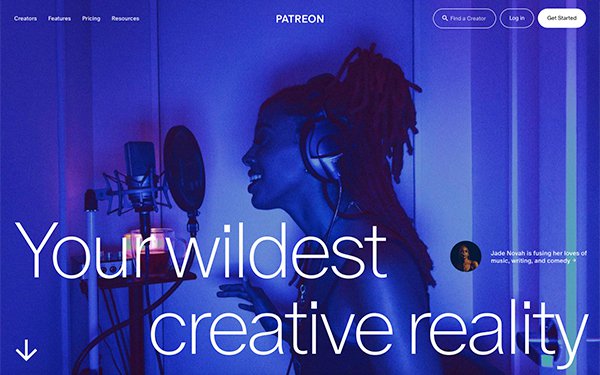
Patreon has agreed to pay $7.25 million to settle claims
that it violated a federal privacy law by transmitting information about the videos users watched to Facebook via the company's tracking software, the Meta pixel.
Patreon, a platform for video
creators, also agreed it will remove or disable Meta's pixel on any page with video content.
If approved by U.S. District Court Judge Joseph Spero in the Northern District of California, the
deal will resolve a lawsuit dating to May 2022, when California resident Brayden Stark and other Patreon subscribers claimed in a class-action complaint that the company was violating the federal
Video Privacy Protection Act. That law, dating to 1988, prohibits companies from sharing identifiable information about people's video-viewing history without their consent.
Stark and the
others specifically alleged that Patreon transmitted their “viewing choices” to Facebook, along with their Facebook identifiers, via the company's pixel.
advertisement
advertisement
The deal would allow class
members -- defined as Patreon users who also had Facebook accounts, and accessed video from Patreon after April 1, 2016 -- to submit claims for a portion of the settlement fund. Patreon estimates that
1.2 million of its users also had Facebook accounts, and that between 1% and 10% of them are likely to submit claims, according to court papers filed Friday by class counsel.
The proposed
settlement also calls for attorneys' fees of up to around $2.1 million.
Before agreeing to settle, Patreon argued to Spero that the video privacy law violates the First Amendment for
numerous reasons -- including that it restricts truthful speech about the titles of videos people watched.
Among other arguments, Patreon said the restrictions on speech weren't justified by
privacy concerns because information about video titles isn't in itself meaningful.
“Patreon is accused of providing Meta, and only Meta, with titles of videos that appeared on paywalled
webpages,” the company argued in its request for summary judgment. “With only a title and no access to the video content, Meta could not 'know' whether the video was 2 seconds or 2 hours
long; whether it was a feature film, a parody, a news clip, or a documentary; even whether it had sound, color, or moving images.”
Civil rights groups urged Spero to reject Patreon's
arguments.
In a proposed friend-of-the-court brief filed late last year, the Electronic Frontier Foundation, Center for Democracy & Technology and ACLU argued that the video privacy law
protects consumers' First Amendment rights by guarding against “unknown and nonconsensual disclosure of people’s private video viewing habits.”
“People using video
services would be chilled from viewing content -- and being inspired by it -- if they knew services were in the business of freely disclosing their viewing histories,” those groups wrote.
Earlier this year, Spero held a hearing on the constitutionality of the statute, but the parties reached a settlement before he issued an opinion.
Spero is expected to address the proposed
settlement at a hearing on Sept. 11.
Patreon is among dozens of businesses to face recent class-action complaints for allegedly violating the video privacy law by transmitting data to Meta
Platforms. Other companies hit with similar lawsuits include The
Philadelphia Inquirer, Gannett, Epoch Times, WebMD, Paramount
and Dotdash Meredith.